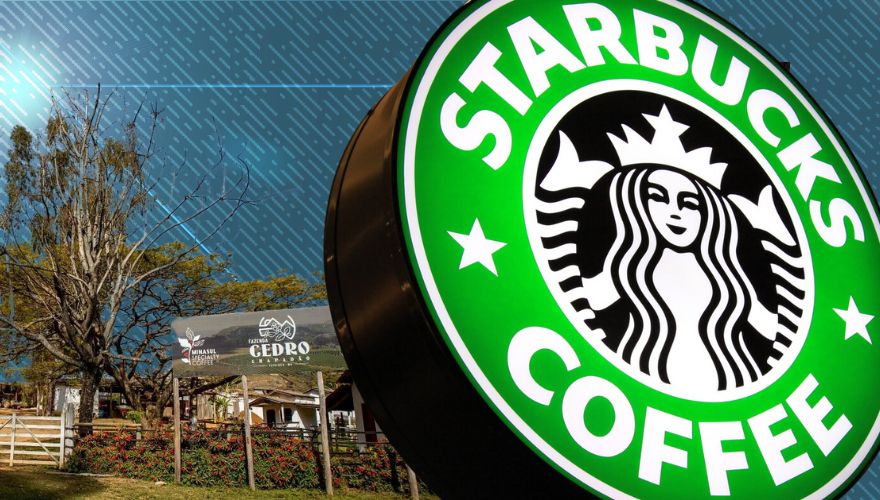The National Consumers League is suing Starbucks for allegedly purchasing coffee beans from farms that use child labor.
Starbucks has long claimed that their famous teas and coffee beans are “ethically sourced,” meaning that they are harvested in a way that respects humans and the environment. A central component of that is that the beans are harvested without the use of child workers or forced labor.
National Consumers League CEO Sally Greenberg told reporters during a press conference in Washington, D.C., that Starbucks' certification is "deeply flawed" and "the facts are clear, there are significant human rights and labor abuses across Starbucks’ supply chain,” according to a report from The Messenger.
"The list of abuses in Starbucks’ supply chain should shock every consumer," Greenberg said. "For years, there have been well-documented instances of slavery-like conditions, child labor, human trafficking, sexual harassment and other exploitative working conditions on the farms and coops where Starbucks sources its coffee and tea."
The lawsuit alleges that children as young as 15 were identified as working on four of the farms, which also employ "slave-like" conditions, according to an investigation that began in March by Repórter Brasil.
"Last year the Brazilian labor prosecutor issued a complaint against Starbucks’ largest Brazilian supplier, the Cooxupé cooperative, citing abusive and unsafe working conditions analogous to slavery, yet Starbucks continues to source from Cooxupé," the complaint states.
Starbucks has vowed to fight the lawsuit.
"We take allegations like these extremely seriously and are actively engaged with farms to ensure they adhere to our standards," the coffee giant said in a statement provided to The Messenger. "Each supply chain is required to undergo re-verification regularly and we remain committed to working with our business partners to meet the expectations detailed in our Global Human Rights Statement."
The news outlet noted, "It’s not clear how much of Starbucks’ coffee beans come from Brazil, but the company says that Latin America is one of its three main growing regions, along with Africa and the Asia Pacific region."
The lawsuit is seeking transparency in their supply chain and undisclosed damages.
In 2020, a news station in Guatemala found children as young as eight working at farms that supply Starbucks with beans, according to The Guardian.
"Channel 4’s Dispatches filmed the children working 40-hour weeks in grueling conditions, picking coffee for a daily wage little more than the price of a latte," the newspaper reported at the time.
The station alleged that the children worked around eight hours a day and six days a week.

